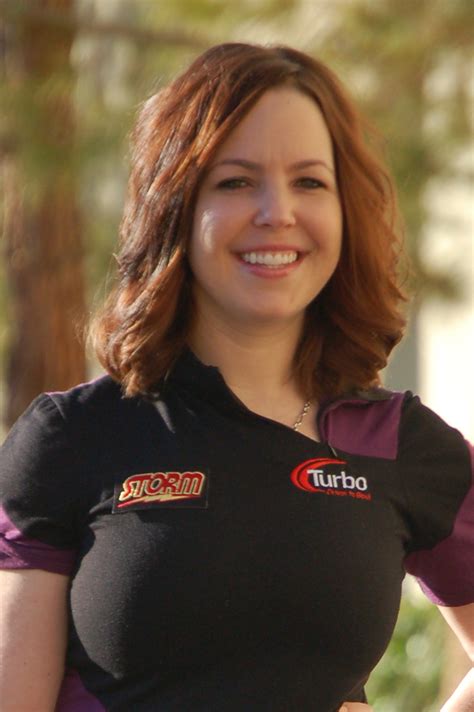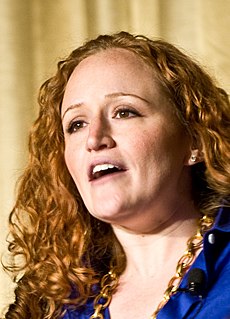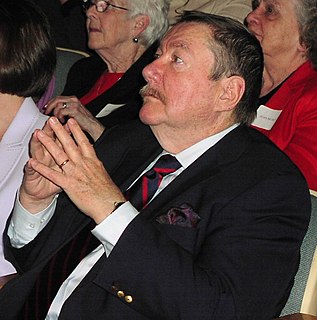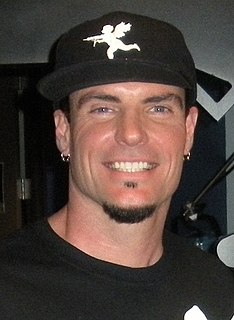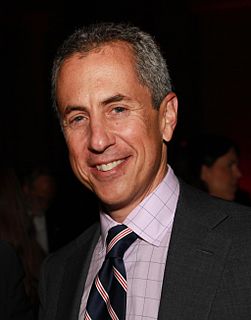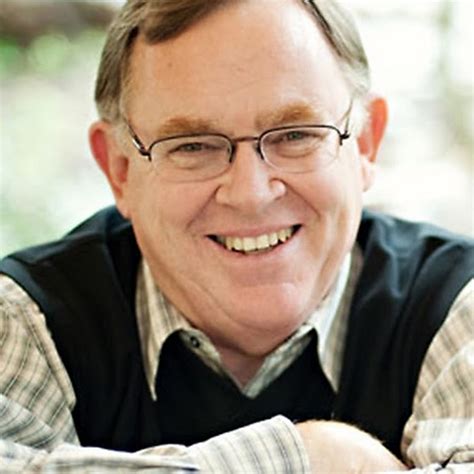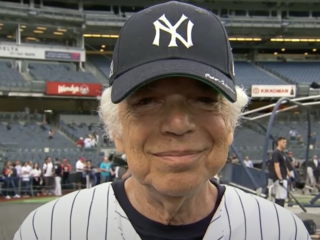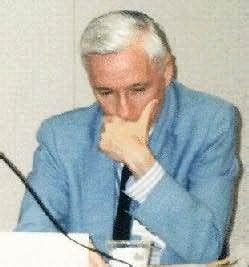A Quote by Julian Barnes
Novels tell us the most truth about life: what it is, how we live it, what it might be for, how we enjoy and value it, and how we lose it.
Related Quotes
My greatest influences are actually probably a set of different teachers. And these teachers, most prominently at my high school, but also a few others, helped kind of instill in me, thinking thoughts about how life is meaningful in terms of how we all kind of live in a network of people and how you interact with those people is part of what makes life essentially meaningful and then kind of concepts to think about, how do you add value to other people's lives? How do they add value to yours? And how do you kind of form a community together in the network?
How many slams in an old screen door?
Depends how loud you shut it.
How many slices in a bread?
Depends how thin you cut it.
How much good inside a day?
Depends how good you live 'em.
How much love inside a friend?
Depends how much you give 'em.”
? How Many, How Much by Shel Silverstein
“Tell the truth, or someone will tell it for you.
The most valuable lesson I've ever learned in my life is that life is about family and friends, not about material things or any of that. It's about enjoying your life. If you have no family, no friends to enjoy it with, it don't matter how much you have, how much success you have, how much fame you have, how much money you have, it doesn't matter.
Essentially what's going to determine how you succeed in New York is how people feel about the space, how delicious the food is, how they perceive the value and, most important of all, how they feel treated. My understanding is Stephen Starr is exceptionally good at all of this and his ability to create a transporting experience.
By delivering experience, novels can alter the stance we adopt toward news - not much, I'm sure, but they can make it a little more difficult for us to consign "other people" to our tidy boxes. Widening our imaginative life might - it's not hard to imagine - also develop our ability to contemplate counterfactuals and our capacity to speculate about how things might differ from how they're being represented.
As long as we see church life as a meeting we’ll miss its reality and its depth. If the truth were told, the Scriptures tell us very little about how the early church met. It tells us volumes about how they shared life together. They didn’t see the church as a meeting or an institution, but as a family living under Father.
The thing about education - and why I'm so passionate about the position and status of the university - is that it's supposed to teach citizens how to think better, how to think critically, how to tell truth from falsehood, how to make a judgment about when they're being lied to and duped and when they're not, how to evaluate scientific teaching. Losing that training of citizens is an extremely dangerous road to go down.
Tell me the size of a mammal and I can tell you, to about 85 per cent level, pretty much everything about its physiology and life history, such as how long it is going to live, how many offspring it will have, the length of its aorta, how long it will take to mature, what is the pulse rate in the ninth branch of its circuitry.
Do not ask the stones or the trees how to live, they can not tell you ; they do not have tongues; do not ask the wise man how to live for, if he knows , he will know he cannot tell you; if you would learn how to live , do not ask the question; its answer is not in the question but in the answer, which is not in words; do not ask how to live, but, instead, proceed to do so.


